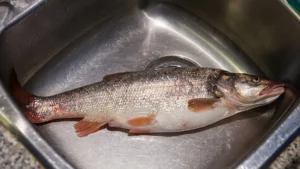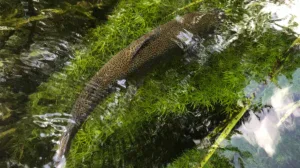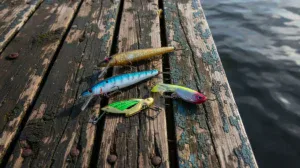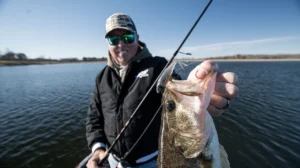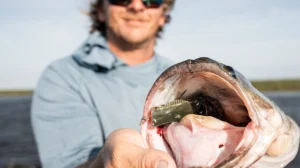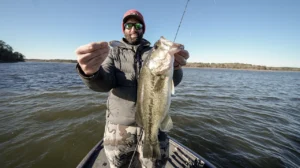Anglers across western New York are reeling. Not from a trophy catch, but from devastating news out of Cattaraugus County: a large-scale fish and wildlife die-off in Ischua Creek, the popular trout stream cherished by local and visiting fishermen alike.
According to the New York State Department of Environmental Conservation (DEC), tens of thousands of fish and other aquatic species have perished in what officials are calling a “significant” environmental event. The die-off, first reported on August 26 near Franklinville, has been linked to discharges from the Great Lakes Cheese factory, a long-standing facility in the area.
A Creek in Crisis
When DEC field teams arrived on the scene, they found the creek littered with dead fish of multiple species, as well as other aquatic wildlife. The agency cited visible “effluent discharges and odors” entering the waterway, which they characterized as organic waste. Initial assessments point to low dissolved oxygen levels, elevated nutrients, and increased water temperature as contributing factors; conditions that can be catastrophic to aquatic life.
The exact mechanism behind the die-off is still under investigation. However, the DEC noted that the discharge from the cheese factory appears to have overwhelmed the natural resilience of the creek’s ecosystem. The agency is now requiring Great Lakes Cheese to overhaul its wastewater treatment monitoring and improve operations at its facility, particularly the digesters used in processing waste.
Recreational Use Advisory in Effect
Until further notice, anglers are being urged to stay out of the water. The DEC has issued a strict advisory against any recreational use of Ischua Creek downstream of Franklinville, including fishing, boating and swimming. While there’s currently no indication that drinking water supplies have been affected, local systems are being closely monitored as a precaution.
DEC Commissioner Amanda Lefton emphasized the severity of the situation in a release:
“Ischua Creek is a vibrant, healthy ecosystem and the environmental damage witnessed this week is significant. We’ve directed Great Lakes Cheese to prevent ongoing impacts to the creek to help protect water quality and creek habitat.”
A Blow to the Angling Community

Ischua Creek has long been a favorite among western New York anglers, offering a mix of stocked and wild trout fishing across its scenic 20-mile course. Flowing south from the Village of Machias to its confluence with Oil Creek at Maplehurst, the creek boasts over 17 miles of brown trout stocking and more than 17 miles of public fishing rights easements, making it easily accessible for fly fishers and spin anglers alike.
The section around Franklinville is particularly notable for its wild brown trout population, which can range from 100 to over 500 adult fish per stream mile depending on the year. Each spring, the DEC enhances the fishery by stocking thousands of trout: 4,725 yearling browns, 3,325 brook trout, and 1,500 two-year-old browns, some reaching up to 14 inches.
With its cold, clear water and healthy habitat, Ischua Creek offers one of the region’s most rewarding trout fishing experiences. The creek is also a critical habitat for a variety of aquatic insects, amphibians, and bird species — all of which rely on the same clean water that sustains its fish populations. The die-off comes at the tail end of summer, typically a peak time for angling in the region.
What Comes Next?
The DEC has pledged to continue monitoring the situation and work alongside the Department of Health to assess any ongoing public health risks. Great Lakes Cheese, meanwhile, is under pressure to make swift and effective changes to prevent further environmental harm.
Anglers and outdoor enthusiasts are encouraged to remain vigilant and report any unusual fish or wildlife observations to the DEC at (716) 851-7201.
This tragedy is a stark reminder of how delicate our waterways are, and how quickly they can be compromised. As investigations continue and remediation efforts begin, the angling community hopes that Ischua Creek will one day return to the vibrant, fish-filled haven it once was.




